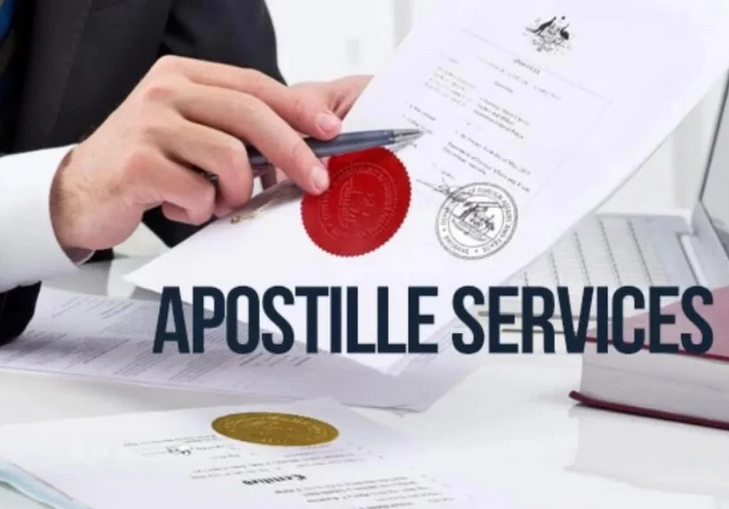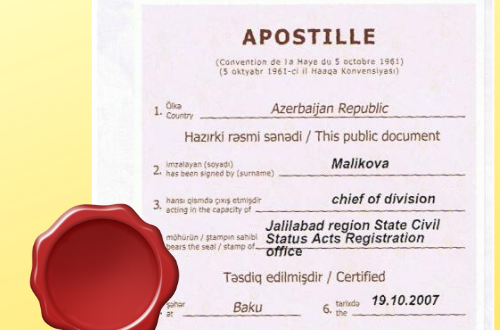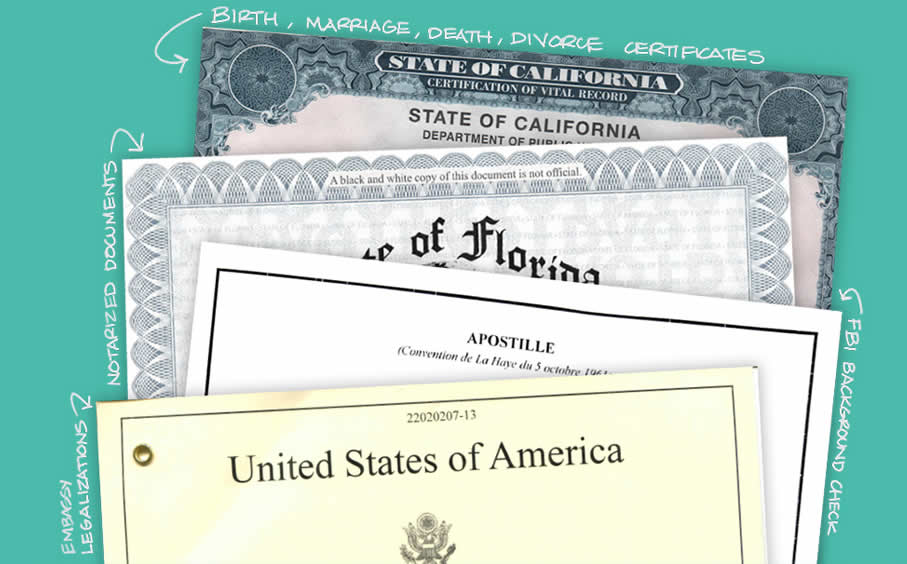Digging Into the Factors Behind the Necessary Demand of Apostille Certification for Legal Papers
In the world of lawful documentation, the mandatory requirement of apostille certification has ended up being a vital facet that considerably affects the validity and recognition of legal papers on a worldwide scale. Comprehending the rationale behind this necessity involves delving into the intricate web of legal complexities, historical criteria, and worldwide agreements that emphasize the relevance of apostille accreditation in today's interconnected world. By discovering the underlying factors behind this prevalent need, a more clear picture emerges of why this seemingly bureaucratic procedure holds such immense relevance for companies, governments, and individuals alike.
Historical Advancement of Apostille Qualification
How did the idea of apostille certification evolve over time to end up being a necessary component of worldwide file validation? The demand for a simplified approach of verifying documents for usage across borders became noticeable as international profession and travel raised.
At first taken on by a few European nations, the Apostille Convention slowly acquired international approval due to its performance and efficiency in validating the authenticity of main documents. Over the years, the convention's reach broadened as even more countries joined, acknowledging the apostille as an universally accepted kind of record authentication. Today, apostille certification has ended up being a common need for confirming lawful documents in global purchases, ensuring smooth interaction and legal proceedings between nations.
Simplifying International File Legalisation
The streamlining of worldwide file legalisation procedures has actually dramatically enhanced efficiency in cross-border deals. Simplifying the process of legislating documents for global usage has ended up being critical in helping with swift and seamless deals in between nations. Among the key systems that have added to this simplification is the fostering of the Apostille Convention, which gives a standard method for confirming the credibility of papers throughout taking part nations.
By sticking to the Apostille requirements, nations consent to acknowledge each various other's public documents as valid without the need for additional legalization. This removes the often cumbersome and extensive process of multiple authentications by different authorities, conserving time and resources for people and businesses participated in worldwide activities.

Making Sure Record Authenticity and Credibility
To make sure the credibility and credibility of lawful papers in worldwide purchases, strict confirmation procedures are necessary. By requiring apostille qualification for legal papers, authorities intend to authenticate the beginning of papers and validate the signatures of people involved.
Moreover, validating the credibility of legal papers with apostille qualification enhances depend on and self-confidence amongst events involving in international deals. It supplies guarantee that the records offered are genuine and legitimately binding, thus lowering the threats related to illegal activities. Furthermore, guaranteeing paper credibility through apostille accreditation streamlines the legalization procedure, making it extra trusted and reliable for organizations and people conducting service across borders. Ultimately, by upholding rigorous confirmation requirements, apostille certification adds to a much more transparent and safe worldwide lawful structure.

Promoting Cross-Border Legal Acknowledgment
In the realm of international deals, the apostille accreditation not just ensures the authenticity and credibility of lawful files yet likewise plays a pivotal function in helping with cross-border lawful acknowledgment (Houston Apostille). When legal papers bear an apostille certification, they are conveniently approved by foreign authorities without the need for more verification. This structured procedure quickens the acknowledgment of files in various countries, advertising performance and reducing administrative hurdles in lawful matters that transcend national boundaries
Assisting in cross-border legal acknowledgment via apostille certification cultivates trust fund and confidence original site in the authenticity of files exchanged between nations. By adhering to the standards set forth by the Apostille Convention, countries agree to honor the apostille seals attached to files from other participant nations, therefore streamlining the procedure of legal recognition throughout borders.
Compliance With International Treaty Standards
Compliance with international treaty criteria is crucial for making sure the consistent application of legal laws throughout getting his comment is here involved nations. The Apostille Convention, established in 1961, outlines the requirements for the acceptance of public files among member countries. By sticking to the criteria set forth in this treaty, nations commit to recognizing the validity of each various other's certification without the need for additional verification - Houston Apostille. This shared acceptance improves the procedure of cross-border record recognition, advertising effectiveness and decreasing bureaucratic hurdles.
The Apostille accreditation, as mandated by the treaty, serves as a guarantee of authenticity for papers such as birth certifications, marriage licenses, court judgments, and notarized deeds. This standardized approach aids prevent scams and ensures that lawful papers stemming from one participant country are readily accepted in one more. By complying with global treaty criteria, countries demonstrate their commitment to supporting the concepts of openness, trust fund, and participation in lawful matters on a global range.
Verdict

In the world of lawful documents, the required need of apostille qualification has actually become a vital facet that considerably influences the validity and acknowledgment of lawful documents on a worldwide scale. Today, apostille qualification has actually ended up being a common demand for verifying lawful papers in international transactions, making sure smooth communication and legal proceedings in between countries.
Additionally, verifying the authenticity of legal records through apostille accreditation improves trust and self-confidence among parties engaging in international purchases.In the world of worldwide purchases, the apostille qualification not only makes sure the credibility and validity of legal files however additionally plays an essential role in promoting cross-border legal acknowledgment. By sticking to the requirements established forth by the Apostille Convention, nations agree to honor the apostille seals fastened to files from other member nations, therefore simplifying the process of lawful recognition throughout borders.